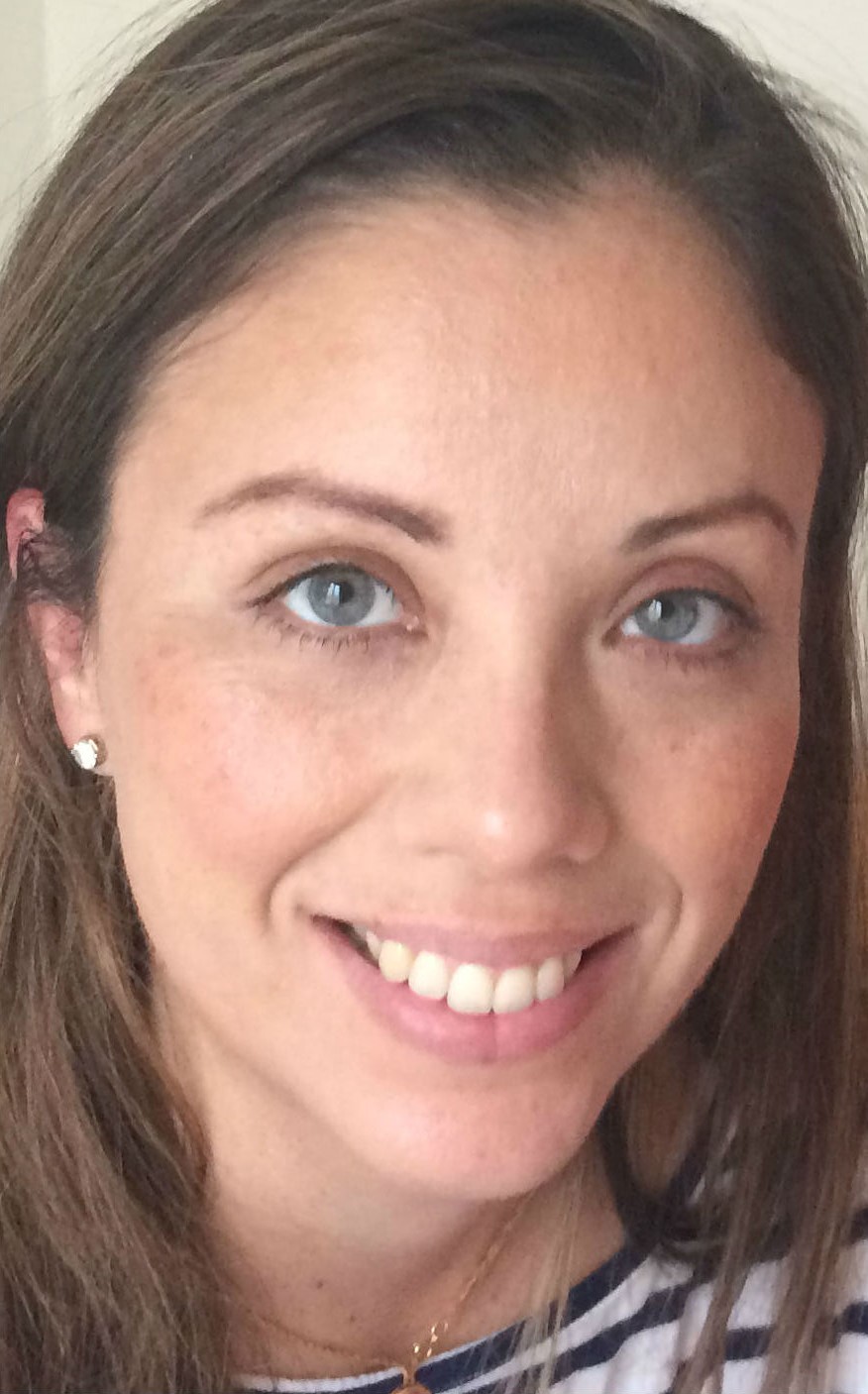Many parents are now choosing hypnotherapy as a means of helping their child overcome mood disorders or behaviours that are affecting the quality of their lives. But what can hypnotherapy help with and what does the process involve?
The use of hypnosis for children is actually relatively new and dates back by around 50 years. It was in the 1960's when Dr Franz Bauman, a general paediatrician from the US, became the first president of a major hypnosis society publishing a variety of papers on the practical application of hypnosis on teenagers. A few years later the first ever child textbook was written: Hypnosis and Hypnotherapy with Children by Gardner, Olness and Kohen.
In hypnosis there is great scope for imaginative visualisation and children are much better at doing this than their adult counterparts. In fact, before the age of nine, children have little distinction between fantasy and reality. It is between the ages of 10 and 12 that the conscious critical faculty starts to develop in a child. This acts as a filter between the rational and emotional parts of our brain, namely our conscious and subconscious parts. As a result children are very suggestible and are more easily able to reap the benefits of hypnotic techniques.
Hypnotherapy in itself can be used for a wide range of symptoms but is most useful when used as a tool to strengthen a child's existing or underdeveloped skills in self-regulation. Separation anxiety, selective mutism and confidence issues are but a few of the disorders that can manifest in a child, when placed in a novel or stressful environment such as a new school.
Self-regulation can be strengthened by improving a child's capacity to either shift attention or maintain focused attention, to inhibit and control reflexive actions, to empower a child to delay gratification, to allow problem solving strategies to emerge and to enhance psycho-physiological reactivity.
The steps involved in child hypnotherapy are very similar to the standard hypnotherapy process. First, there's a case study where the child's medical history as well as their hobbies and preferred styles of learning/understanding the environment are discussed. The conscious problem or issue is then unpacked to reveal the subconscious underpinnings i.e. a weight issue could be the result of comfort eating to suppress or calm underlying anxiety. Once this has been uncovered, it's important to establish new more helpful patterns of behaviour. These new patterns of behaviour then need to be repeated so that they go from being conscious actions to subconscious automatic actions.
In the case of high anxiety and selective mutism children can be asked to visualise times when they felt confident, create 'anchors' to help them retrieve those feelings when needed and create scenarios of situations going well in the future using pseudo orientation in time. Aside for this, its important to develop homework in the form of small steps and to constantly praise and reinforce the desired behaviours.
In a nut shell, the main ingredients in the therapeutic hypnotic experience are focused attention and absorption. This is often achieved through creating multi-sensory imagery and then by developing steps and strategies towards goals for the resolution of the problem by changing the ineffective pattern.
When choosing a hypnotherapist for a child choose someone who has experience of working with that age group, make sure they have all the required paperwork including DBS police checks , to reassure your child and yourself request to stay during the first few sessions and finally, go with your gut instincts. Good rapport goes a long way. Research has shown that the rapport a client has with their therapist is actually a greater predictor of therapeutic success that any technique or method that might be used the sessions.
Natasha Kelly is a verified welldoing.org therapist in SW12 & WC1, London

